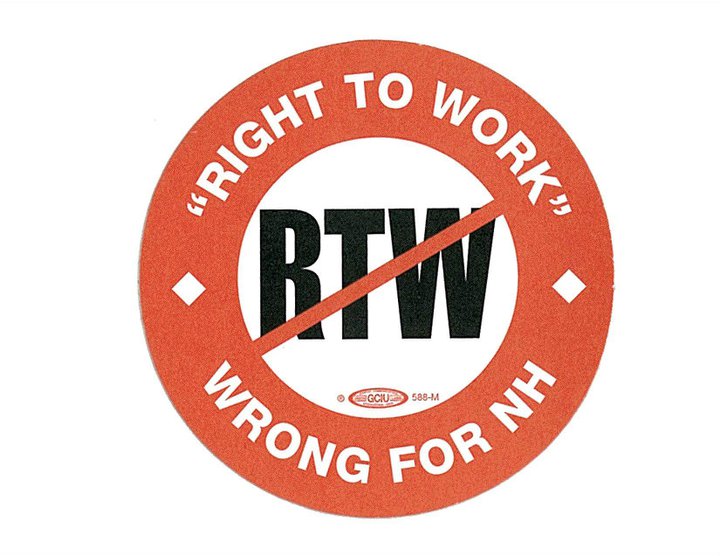AFL-CIO Executive Council Statement on Volkswagen
AFL-CIO Executive Council Statement on Volkswagen
Below is a statement from the AFL-CIO Executive Council on Volkswagen’s continuing refusal to bargain with UAW Local 42: The diesel emissions scandal at Volkswagen has called into question the principles the company has touted: environmental protection, sustainability and social responsibility. The damage done by the deception perpetrated on its customers will take a long […]
The post AFL-CIO Executive Council Statement on Volkswagen appeared first on UAW.
UAW.org News






